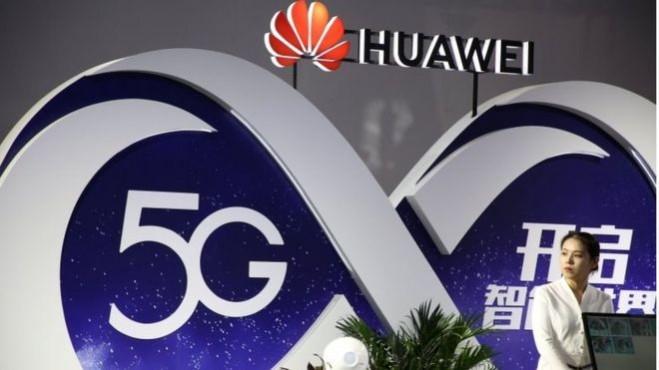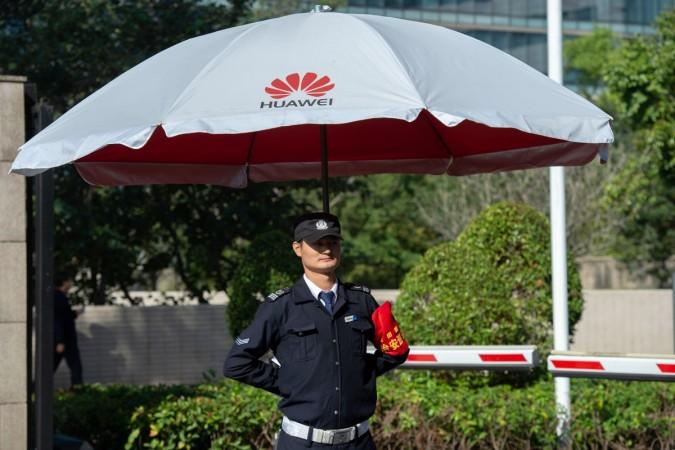
Chinese giant Huawei's deal with Russian telecom firm MTS to deploy 5G technology in Russia is a boost to the world's biggest telecom equipment maker amid the raging US-China trade wars. Significantly, the deal was announced on the first day of Chinese President Xi Jinping's three-day visit to Russia where he will hold strategic and trade talks with Russian President Vladimir Putin, media reports say.
The deal that Huawei has concluded with MTS covers supplying the equipment and technology needed to deploy 5G connectivity across the US, reports said. The deal will see "the development of 5G technologies and the pilot launch of fifth-generation networks in 2019 and 2020", MTS said in a statement, according to a report on the BBC News website. The deal is likely to provide some relief to Huawei, which has been under intense international scrutiny in recent months.
With US President Donald Trump's tweet tirade that is ratcheting up the trade tensions showing no signs of simmering down, Huawei has been a key target for sanctions. Washington has alleged a threat to national security, endangering Huawei's business in other parts of the world also.
Ravi Shankar Prasad, who returned as telecommunication minister in Prime Minister Narendra Modi's Cabinet in what is touted as Modi 2.0 after a thumping Lok Sabha election win, hinted at the possibility of the authorities looking to the issue of whether Huawei should be allowed to take part in the 5G trials. India is set to start in about three months. Several western countries have acted against Huawei taking a leaf out of the US position.
Huawei has become a central part of a power struggle between world top two economies that started out in trade and is now threatening to engulf the field of technology. The US has encouraged allies to block Huawei from their 5G networks, saying the Chinese government could use its products for surveillance, the report says. Some countries including Australia and New Zealand have blocked Huawei from supplying 5G equipment.

The Russian 5G deal also threatens to be a precursor to a world trade order that could be split down the middle. The Trump administration has put Huawei on its "entity list", which prohibits US companies from trading with the firm unless they have a license.
International trade experts say the US move to blacklist Huawei could have far-reaching consequences as the US could extend the watch to companies that deal with entity list firms in other parts of the world also. Indian IT major Infosys has reportedly been examining the implications of Huawei ban in the US on its own business in different parts of the world, not in the US alone,
The ban is double jeopardy for Huawei It will lose some its most lucrative markets to rival telecom equipment makers like South Korean biggie Samsung, German manufacturer Seimens, Finland-based Nokia, and Swiss giant Ericsson.
Huawei is currently the world's second largest smartphone maker after Samsung and imports half of the components it needs from US suppliers. The company's smartphone production could be hit by the ban until it finds alternative supply sources. US companies would also suffer as they lose a key customer and the development of 5G could suffer given Huawei is such an important player in its development, analysts say.

















